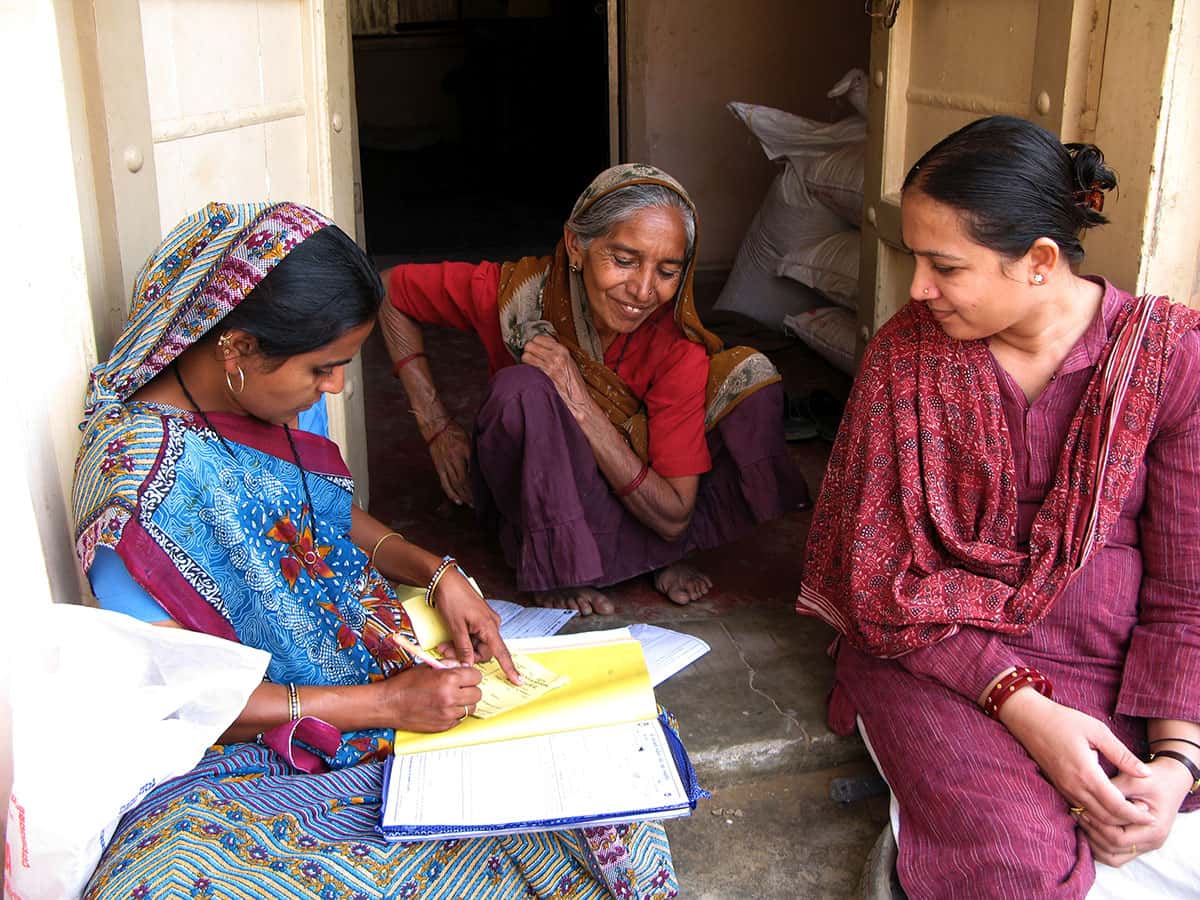The WIEGO Blog
The WIEGO Blog is where WIEGO specialists, partners and allies share their knowledge and perspectives to facilitate informed conversations about the informal economy.
The WIEGO Blog is where WIEGO specialists, partners and allies share their knowledge and perspectives to facilitate informed conversations about the informal economy.
Posts found
